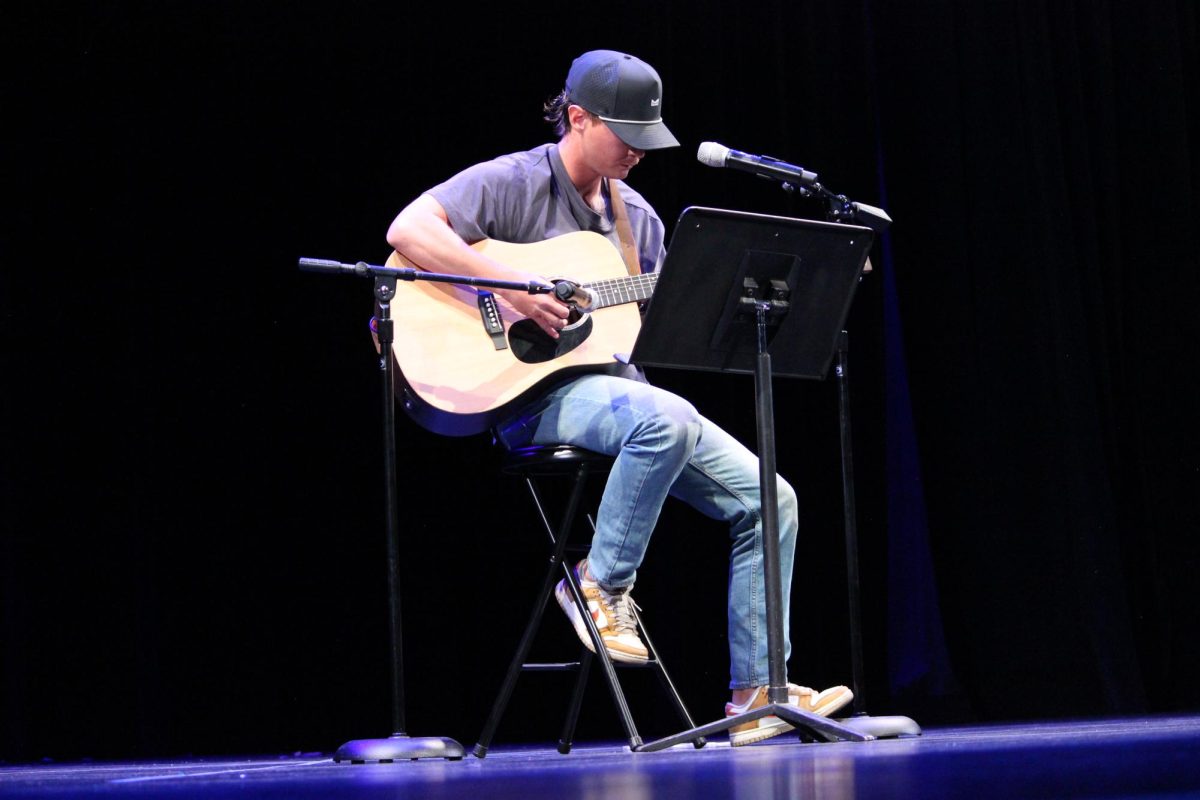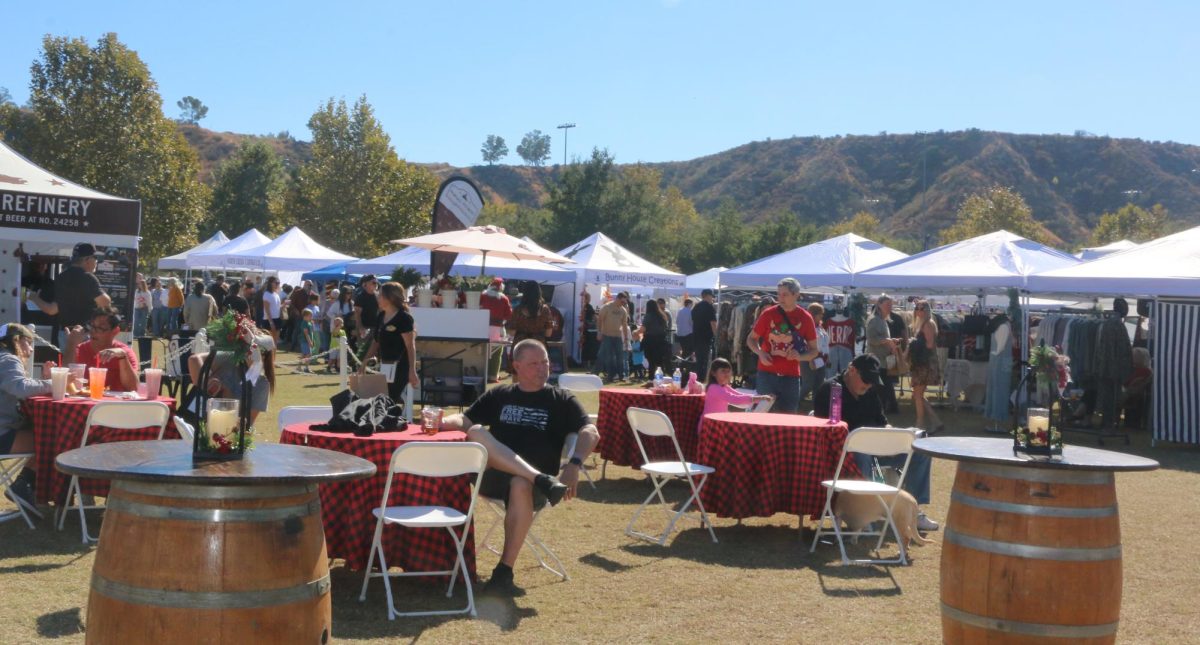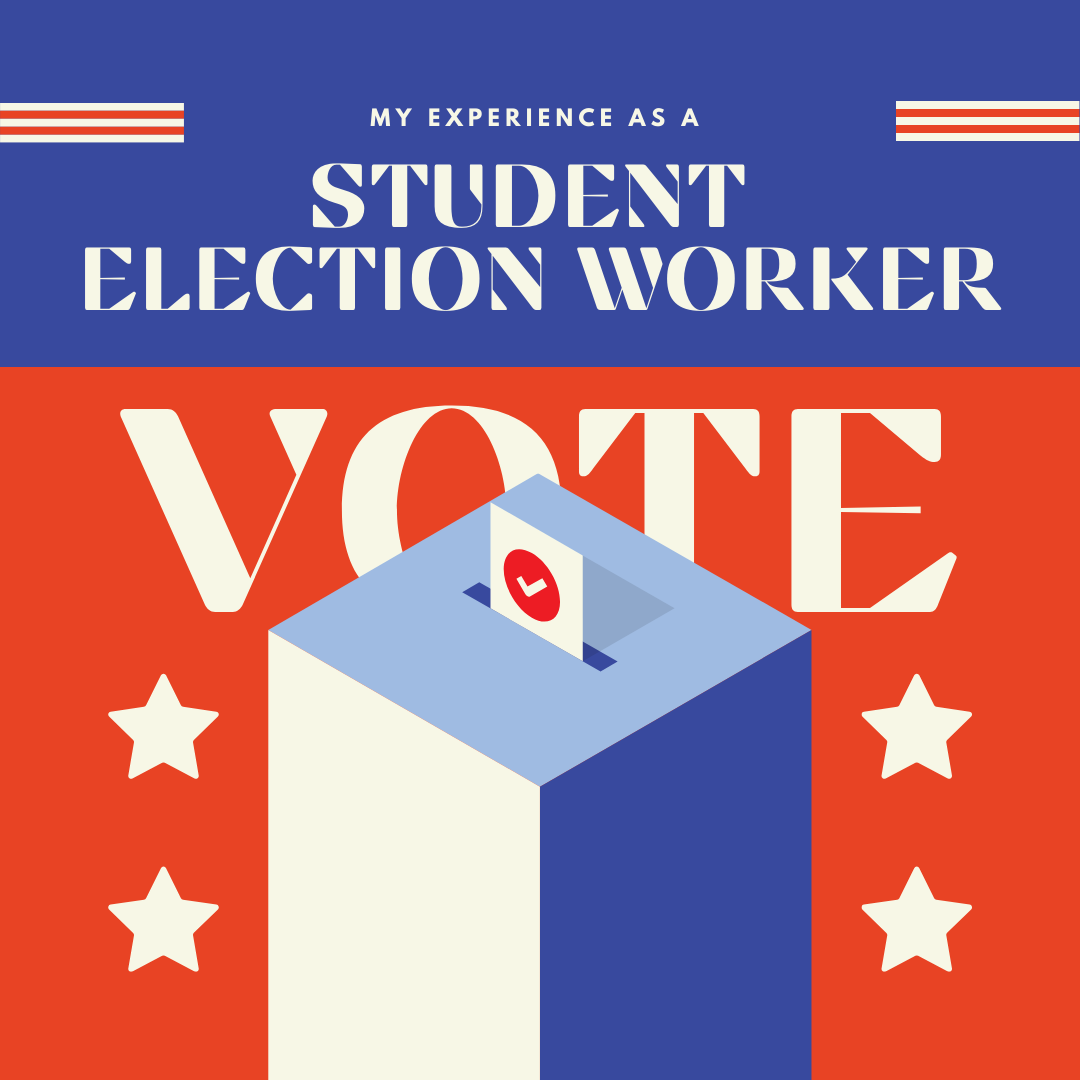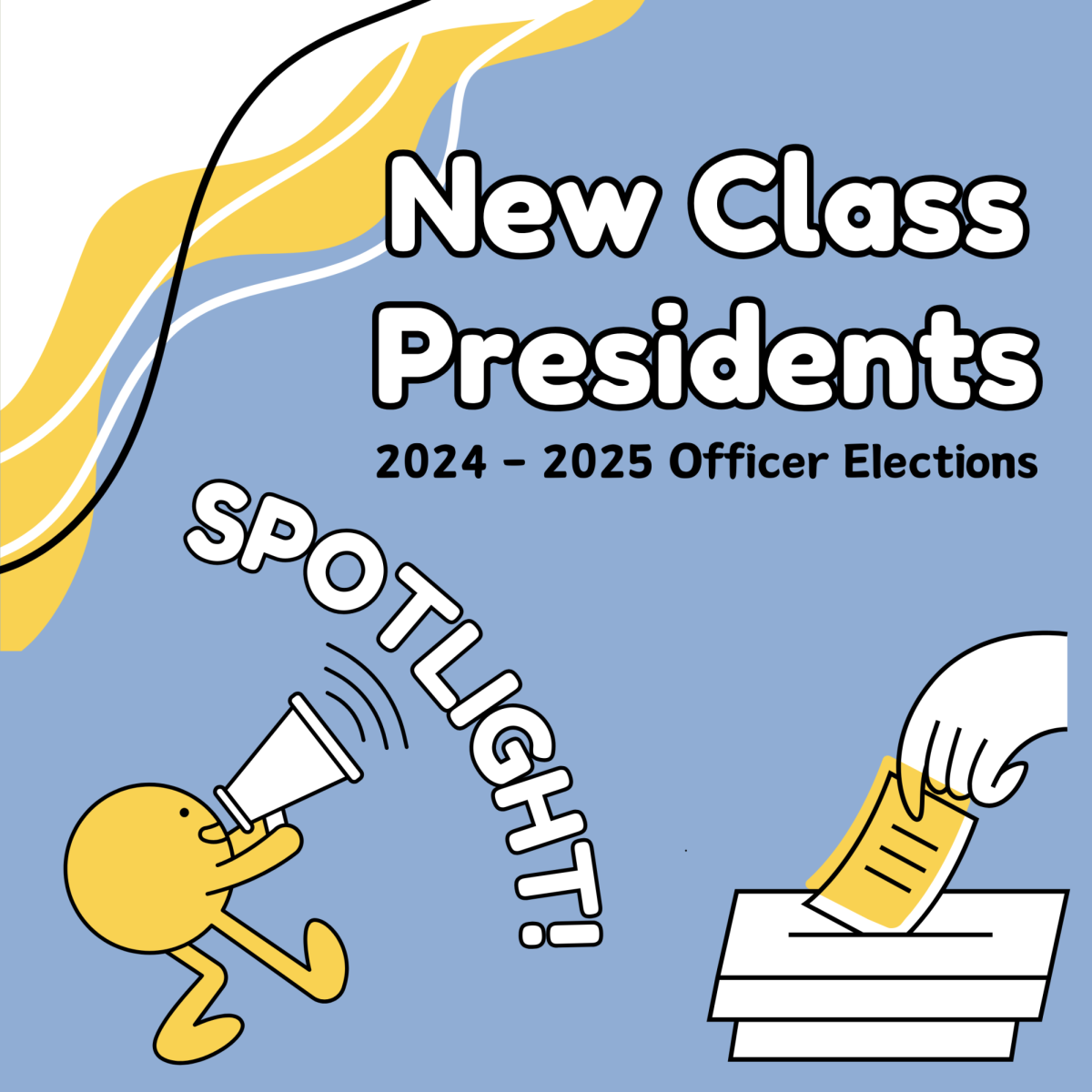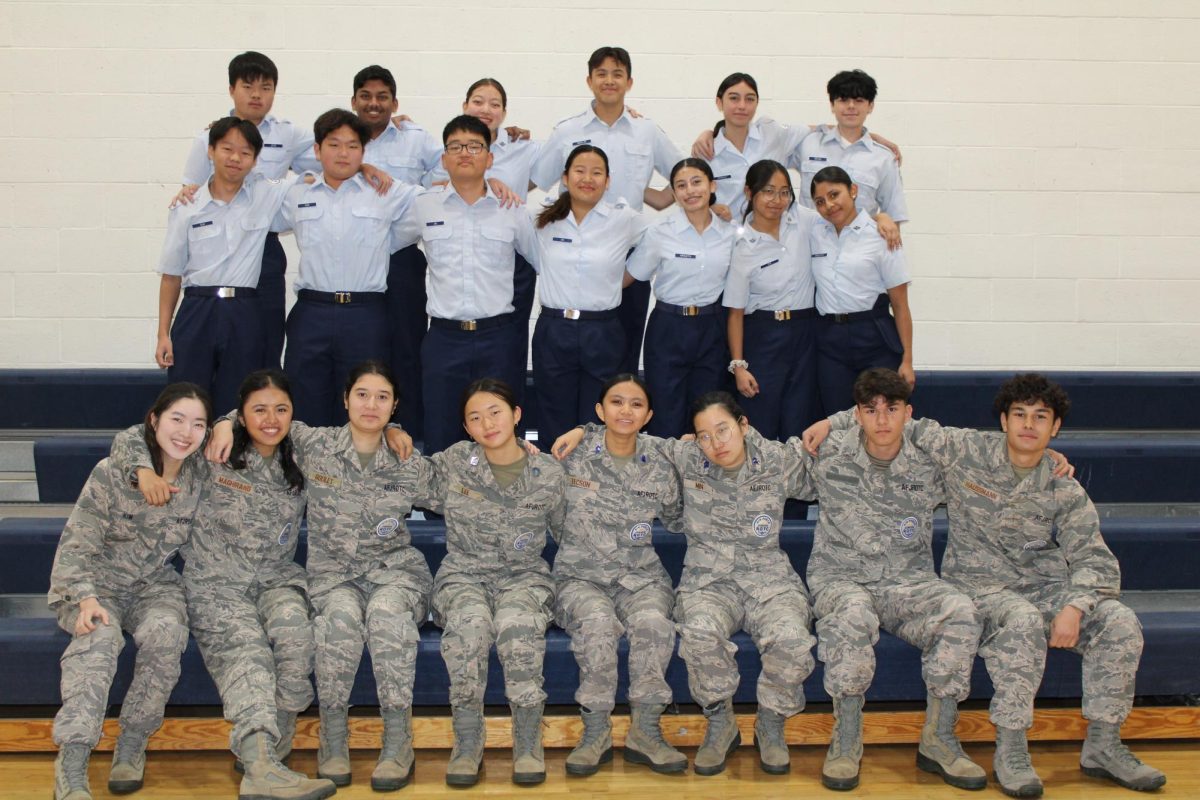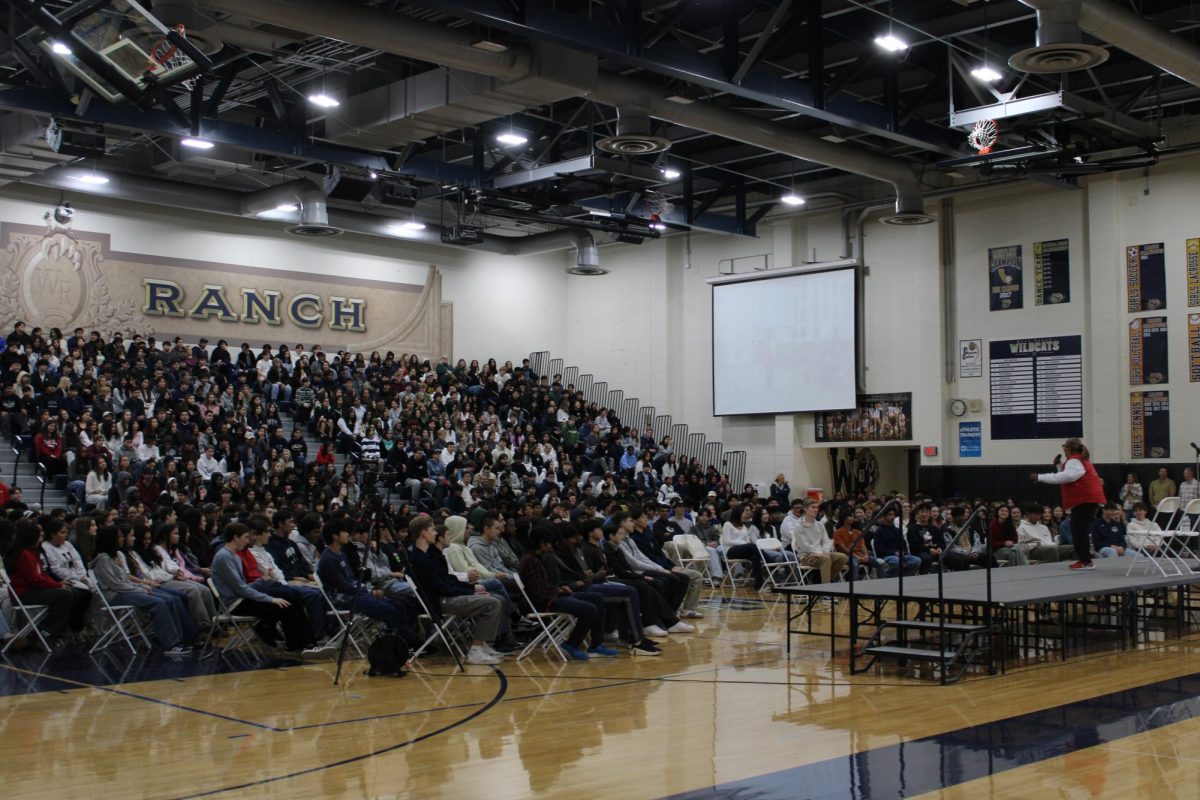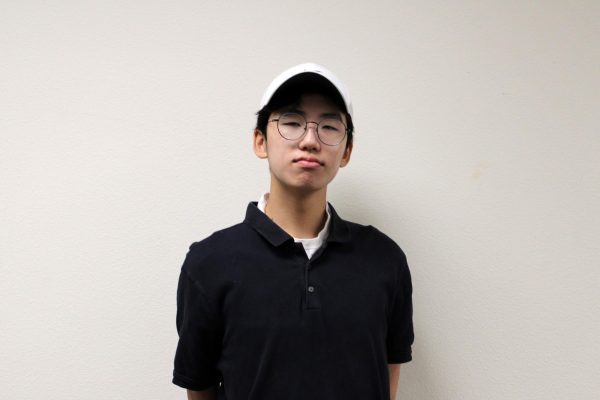On Sunday, Feb. 25, Holocaust survivor Joseph Alexander gave a speech at Hart High School discussing his life story and experiences before, during, and after the Holocaust. The event began with an introduction from Rabbi Choni Marozov, who explained Alexander’s background and the state of our present-day world. Rabbi Marozov said, “it’s our responsibility to ensure that ‘Never Again’ is not just a slogan, but is an actual fact.” After the introduction came a short video discussing Auschwitz, the deadliest concentration camp, where 1.1 million people were killed in just five years until its liberation by the Soviets on Jan. 27, 1945. At the conclusion of the video, Mr. Alexander began detailing the course of his life.
Joseph Alexander was a Polish Jew whose family lived a comfortable life in Koval until 1939, when Poland was invaded. During the initial days of occupation, the invaders split the country in half, with the U.S.S.R. in the east and Germany in the west. Koval was in the western half of Germany, under the occupation. Mr. Alexander explained, “We lived in Town Square at one corner of the square. We lived in the second house, and in the third house lived an uncle of mine. After a couple of weeks, they came to town and went after my uncle around the square and told the people they had 10 minutes to get their possessions and get out in the middle of the square, and they took them away. For some reason, I’ll never know why, they left those three houses where we were in the second house.” However, rumors circulated that the Germans would return in three days to collect the remaining Jews, so the Alexanders moved to the small town of Bologna, 25 kilometers away from Warsaw.
However, by October 1940, the Germans finished construction of the wall around the Warsaw Ghetto and sent the Alexanders there. Life within the Ghetto was terrible; 400,000 people lived within the small community, and many Jews died due to starvation. Five months after being trapped in the Ghetto, Mr. Alexander’s parents decided it would be best if Mr. Alexander, his older sister, and his younger brother returned home where little had changed, so the family bribed the guard, and the siblings returned home.
However, in just three days of being free, Joseph Alexander was sent to a concentration camp, where he worked on the construction of a dam. Later, the Germans would send him to a different camp where he laid cobblestones in the street, then to his third, where he helped construct a sewer. The fourth, he was a roofer; the fifth, he had to lay railroad tracks. After seven camps, Mr. Alexander was put on a train for three days and headed to Auschwitz. At the concentration camp, he met Dr. Mengele, a notorious Nazi doctor. who would decide the fates of all the Jews in the camp. If Mengele pointed to the right, then that person would become a prisoner of the camp; if he directed someone to the left, that individual would be sent to the gas chambers. Dr. Mengele “picked out sick people, old people and young kids, and I was a little guy, so he picked me out too to go to the left,” Alexander said. “[At] most of the camps, I had to go to work, so I tried to get in with the biggest, strongest man, and here I looked around and there [were] only sick people and old people so I [thought] ‘that’s not the kind of people I like to be with.’ It was after midnight; I don’t think I could have done it if it had been daytime. When Dr. Mengele moved further down, I ran back to the other side, and if I didn’t run back to the other side, I wouldn’t be here talking to you tonight because the people on the left were taking on trucks going straight into the gas chambers.”
After a failed effort in 1943 by the resistance to free the Jews, Mr. Alexander was sent to another concentration camp, Dachau. On April 28, 1945, Mr. Alexander was sent on a death march for two days until the Germans left him in a village where American troops liberated him.
When Alexander finished speaking, the crowd met him with exuberant applause. Attendee Christy Pastu explained, “My grandfather, a U.S. Army veteran in World War II, told me the stories of liberating concentration camps and just how horrible the conditions and the state [of] the people were; it was just the personal connection that always stuck with me.”
Many listeners gained new perspectives after listening to Alexander’s speech, including audience member Victory Kazovsky, who said, “I come from a family of Holocaust survivors, and even though I heard a lot of the stories, I think it was very moving, and it is very important that the younger generation hears it. Fortunately, there are still survivors left to tell the stories for the future generation.”
City Councilmember Jason Gibbs mentioned, “I had a grandfather who marched under General Patton, who was part of the liberation that happened during World War II. The opportunity to hear from a man who witnessed and experienced these camps the way he did is truly an honor to hear his words, and it’s a gift that we are not going to have much longer in this generation.”
Gibbs noted, “The old saying is forget history, and then we are doomed to repeat it. The importance of having the opportunity to hear the words of the people who were there humanizes something, and when we don’t have a human figure that can connect to it, it often doesn’t have the impact that it should. So I would offer to tell any high schooler that when you have the opportunity to hear these stories from your own grandparents, your great grandparents, and they are still here, take that moment, those few minutes to listen to them and understand where they came from because it will help you to respect what they did and provide it so that you can do the same and do it better.”
Remembering and understanding the past is just as much a responsibility to the current generation as it was for those who experienced it.
Dr. Steven Barren, who attended the speech, added, “It is important that the lesson is to tolerate people of other religions and beliefs and understand that hate has no basis in this world. For the world to survive, we have to learn to love and if not love to respect each other. I think that’s one of the lessons that can come from this horrible experience of the six million Jews who were killed, and we should not forget the gypsies and also the political prisoners, the homosexuals and the Russian nationalists, all of whom were murdered at these concentration camps.”
Alexander, at the end of his speech, was kind enough to speak with The Paw Print for a short interview. “My message to West Ranch is don’t listen to Holocaust deniers or anti-semitism because you, young people, are the future…We talk to high school students and let them know what happened to keep them educated and let them know what happened so that it doesn’t happen again.”
Therefore, it falls upon every member of society to ensure the words “Never Again” remain a firm and nonnegotiable statement.


